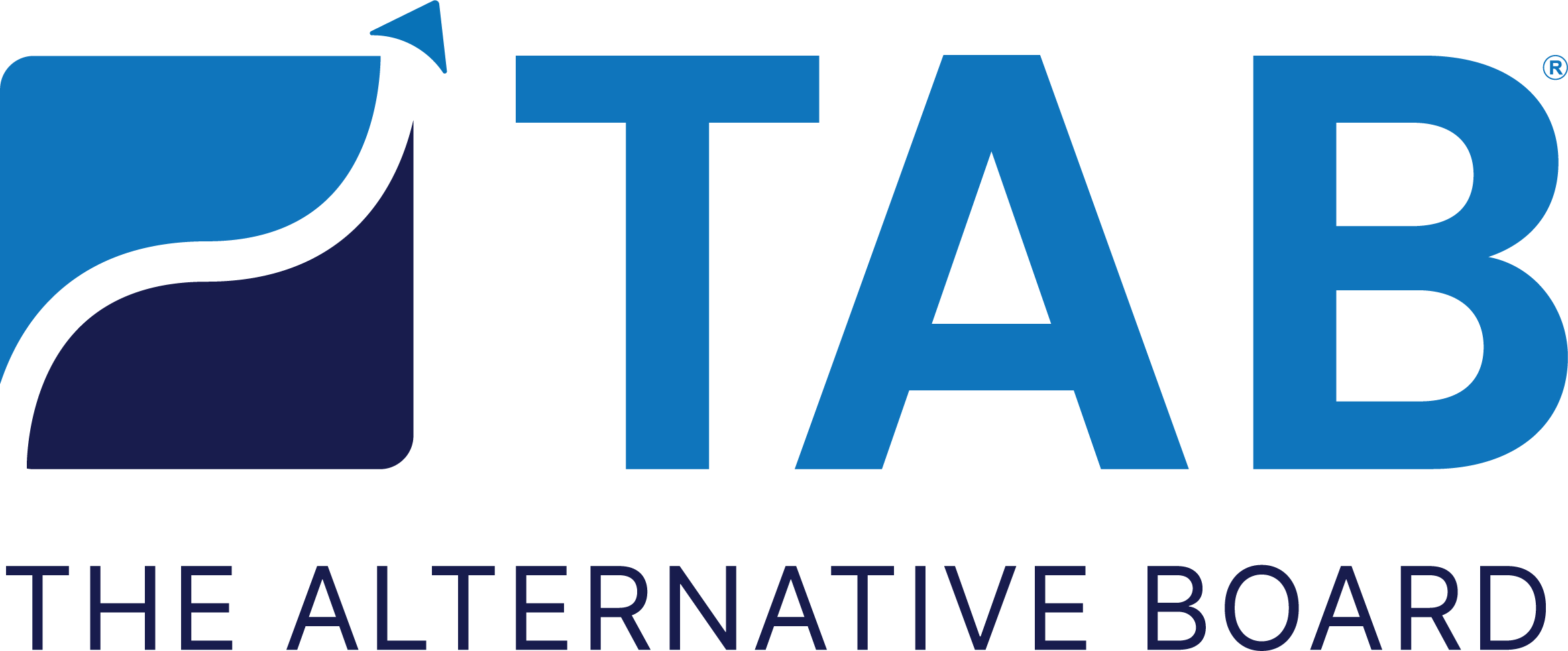Implementing an Employee Wellness Program Can Boost Retention
Does your organization currently have an employee wellness program in place? If so, it’s a good idea to feature this benefit prominently in your open-jobs listing. These days, many job applicants are drawn to businesses that demonstrate a tangible concern for their team members’ mental and physical health.
If you don’t have such a program in place, you risk losing valued employees (who can find this benefit elsewhere) or failing to draw the interest of the job candidates you most want to attract.
Either way, a strong employee wellness program can boost both your hiring and retention efforts.
To implement an effective wellness program, keep these tips in mind:
Understand the specific needs of your workforce.
Want to know what drives the success of a wellness program? Start by inviting input from employees themselves. Put together a short survey and ask for feedback about the types of programs most likely to encourage active participation. Allowing employees to respond to the survey anonymously might produce the most accurate assessment of their needs.
Establish wellness desired outcomes.
The success of an employee wellness program depends upon achieving predetermined goals or outcomes. If most of the jobs in your organization entail long stretches of sitting in front of a computer, “creating an on-site fitness center or offering yoga classes is one way to increase movement and encourage exercise,” notes Indeed. If the desired outcome is an improvement in eating habits, support employees’ efforts to eat more “fresh fruit and vegetables or other healthy alternatives [that] promote healthier nutritional habits.”
Put together a reasonable budget for the program.
Every corporate initiative entails the use of time and money, in order to succeed. It’s no different with an employee wellness program. Put together a budget that covers expenses for promotional materials, company-sponsored health webinars, administrative tasks, incentives for participation, etc. Understanding the costs involved can lead the way to a more effective use of company resources.
Assemble a wellness team.
Depending upon your budget, assembling an employee wellness team can pave the way towards greater buy-in from your workforce. As Trakstar Hire notes, such a team “will likely be led by HR but should also include executives, people from finance and others who are interested in promoting a healthy workplace”. When employees assume responsibility for their own well-being, their colleagues are more likely to get on board with the wellness program.
Build in as much flexibility as possible.
Keep in mind, not all employees are alike, nor do they all have the same health concerns. As part of your pre-implementation survey efforts, make sure employees can choose from a range of proposed activities and benefits. This approach “can add breadth and depth to wellness programs and gives you the opportunity to make the greatest impact with the largest number of employees,” notes Forbes.
Add a touch of playful competition.
Many wellness programs include a contest or competition of some kind, which often generates more interest from employees. Who can walk the furthest in a set time frame? What about a weight loss or exercise challenge?
“Contests always have an added excitement to them,” says Vantage Fit. Playful (and non-mandatory) competition can make wellness activities “more exciting, which attracts attention and initiative.”
Roll out the program in a big way.
When the time is right, unveil the new wellness program with all the fanfare you can muster:
Announce the new program at an all-staff meeting.
Send out a message of support from the CEO or business owner.
Play up the new initiative in your employee newsletter.
Offer printed materials describing upcoming wellness events.
Not everyone will jump on board right away, but with the right encouragement and support, you’ll likely see greater participation as time goes on.

